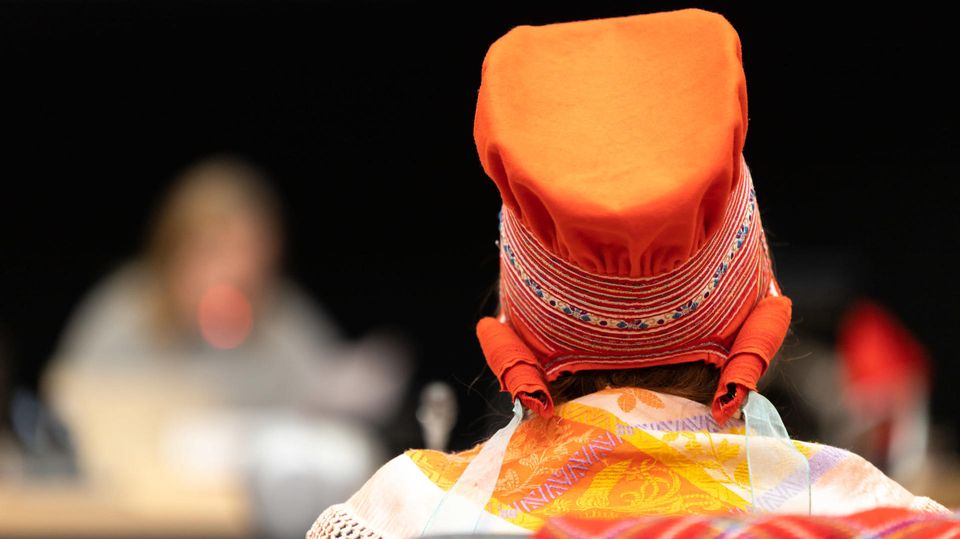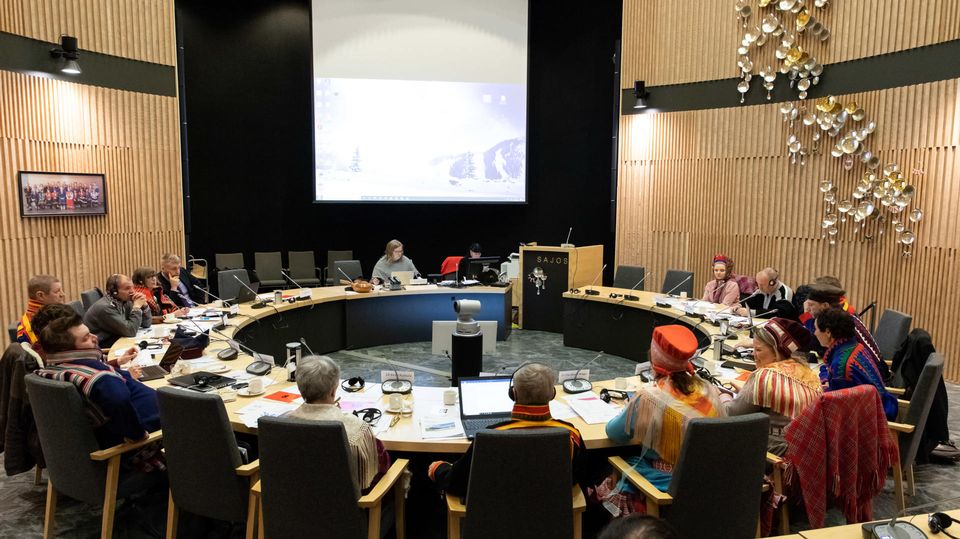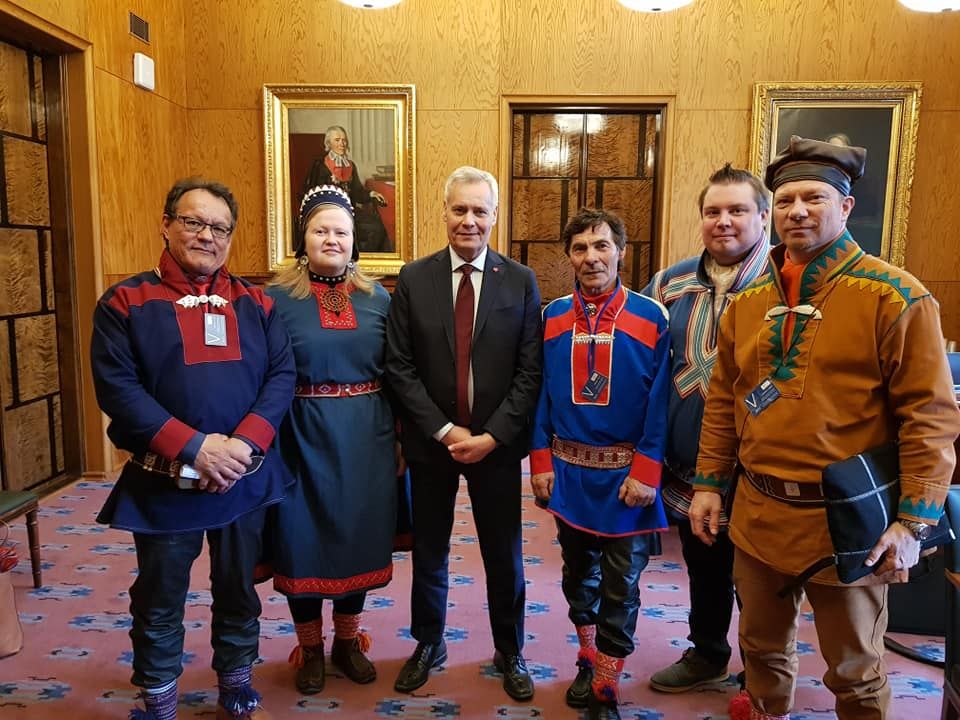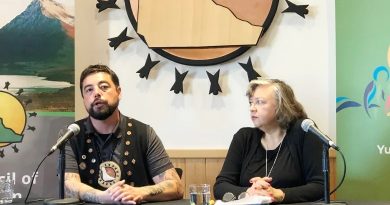Sámi reconciliation process gains final approval in Finland

The Sámi Parliament of Finland on Tuesday officially accepted the mandate of a Truth and Reconciliation Commission (TRC), tasked with investigating atrocities committed against the country’s indigenous populations.
The Sámi Parliament is the final institution to approve the TRC plan. The Finnish government did the same in November, followed by the Skolt Sámi village meeting’s confirmation in early December.
The first goal of the process is to appoint a five-person commission to handle the reconciliation. Two members will be from the Finnish government, two from the Sámi Parliament and one representative of the Skolt Sámi.
The Sámi Parliament called for suggestions for commissioners from the Sámi community. Final decisions will be made by a plenary session of the Sámi Parliament.
Tight schedule contested
Tuesday’s Sámi Parliament session expressed gratitude for the years of work already done on the TRC.
First vice chair Heikki Paltto emphasised the importance of the process for the Sámi communities of Finland. Paltto said the next steps should be taken with all haste.
“We should start work now, when the elder generations are still with us. It is strenuous to go through the painful past, but necessary,” Paltto said.

Several statements from Sámi MPs also brought up worries over the hurried timetable of the reconciliation preparations. The deadline for the completed reconciliation is set for 2022, which Sámi Parliament members Neeta Jääskö and Kirsti Kustula objected was too fast for such an important issue.
“It is a very brief window in which to handle such a case. The trauma of the past lies deep in people’s lives. Changes in Finland’s political landscape or other reasons should not be allowed to affect the schedule. More time is needed,” the MPs said.
Member Anu Avaskari noted in her statement that the TRC is one of the most significant accomplishments of the current 2016-19 Sámi Parliament.
MP Ulla Magga put forward an endorsed proposal to expand the schedule of the TRC’s work, but it was voted down by a margin of 10-5.
Persistent effects of past wrongs
The primary stated goal of the joint TRC is to recognise and evaluate the discrimination faced by Sámi people throughout history, and the continuing current effects of the trauma caused by officially sanctioned oppression.
The commission will investigate the forced integration tactics used by the Finnish government and other offences against the northernmost indigenous populations of Europe.

Commissioners will report publicly on the persistent trauma that Sámi people still face due to Finland’s racist schemes of oppression. Eventually the TRC hopes to establish rigorous psycho-social support systems for the indigenous communities based on their own languages and culture.
The Truth and Reconciliation Commission got its real start in 2016, when the Sámi Parliament met in Inari to plan a TRC conference. Former prime ministers Juha Sipilä and Antti Rinne met with Sámi representatives in 2017 and early 2019 respectively and vowed to push on with the process.
TRCs have been used around the world to bring justice to indigenous communities ravaged by systemic violence and eugenic oppression, such as after apartheid in South Africa. Norway’s TRC into the country’s persecution of the Kven ethnic minority, whose ancestors were Finnish peasants, is still ongoing.
Related stories from around the North:
Canada: Final Truth & Reconciliation report released in Canada, Eye on the Arctic
Finland: Finnish gov agrees to formation of Sámi Truth and Reconciliation Commission, Yle News
Norway: Political support for Norwegian Truth and Reconciliation Commission, The Independent Barents Observer
Russia: Russia removes critical voices ahead of Arctic Council chairmanship, claims Indigenous peoples expert, The Independent Barents Observer
Sweden: Twenty-five Indigenous Sami remains returned by museum are reburied in northern Sweden, Radio Sweden
United States: US Senate passes bill with funds for missing and murdered Indigenous women, Alaska Public Media



